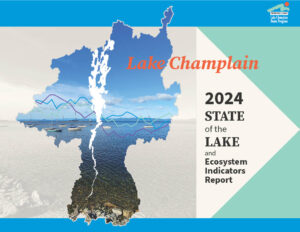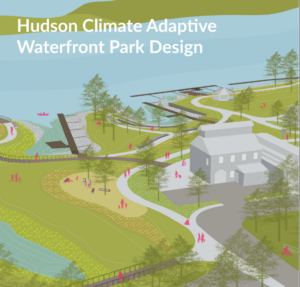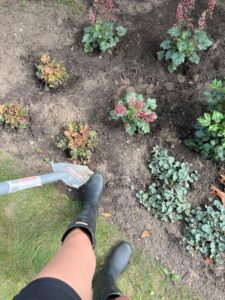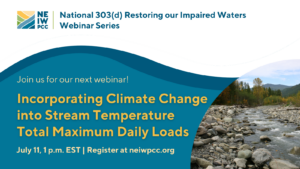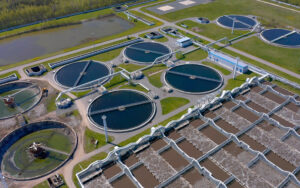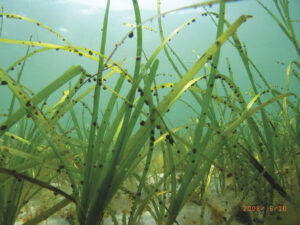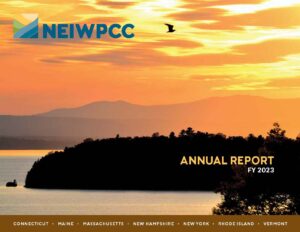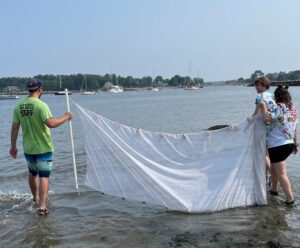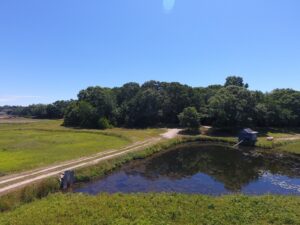-
Lake Champlain’s State of the Lake Report Highlights Progress and Challenges
The Patrick Leahy Lake Champlain Basin Program (LCBP), a NEIWPCC program partner, released an updated “State of the Lake and Ecosystems Indicators Report.” Drawing on the most recent scientific data, the
-
Two Projects Announced to Protect Hudson River Shoreline
The New York State Department of Environmental Conservation (NYSDEC) announced approximately $384,000 in contract awards to help the city of Hudson and town of Bethlehem increase shoreline resilience and improve
-
Long Island’s Stormwater Mitigation Program to Start Accepting Submissions
Following a successful pilot in 2023, the ‘Garden Rewards’ program will soon accept applications for year two. Through the program, Long Island homeowners looking to help curb stormwater runoff are
-
Clean Water Podcast Features ‘Outstanding’ Waters in New Mexico
The Clean Water Pod podcast takes listeners to the Rio Hondo, a 79-mile-long tributary of the Rio Grande located in northern New Mexico. The river is an important ecological, recreational,
-
Upcoming Webinar on Temperature TMDLs
Incorporating Climate Change into Stream Temperature TMDLs The next webinar in the National 303(d) Restoring Our Impaired Waters Webinar Series will focus on the role of climate change in temperature total maximum daily
-
NEIWPCC’s Comment Letter Contributes to More Accurate Watersheds Needs Data
Last week, the U.S. Environmental Protection Agency (EPA) issued the results of the 2022 Clean Watersheds Needs Survey (CWNS), outlining wastewater, stormwater, and other clean water infrastructure needs. Through the
-
Funding Available for Long Island Sound Eelgrass Habitat Suitability Model
NEIWPCC, in cooperation with the Long Island Sound Study National Estuary Program and its partners, is inviting proposals for the development of a GIS-based eelgrass habitat suitability model. Eelgrass is
-
2023 Annual Report Now Available
NEIWPCC’s 2023 annual report is now available, both online and in print. The report features accomplishments from throughout the fiscal year and is organized around NEIWPCC’s core values: leadership, collaboration,
-
From Sewage to Seining: Youth Explore Environmental Careers
By Cheyenne Ellis A group of high school students trudge down the coastal forest path, swatting bugs away from their faces and grumbling as they make their way toward the
-
Clean Water Podcast Features Nature-Based Solutions on Cape Cod
Water quality issues on Cape Cod, Massachusetts stem from an increasing population as well as an influx of summer tourists that nearly triple the local population. Excess nitrogen enters area
